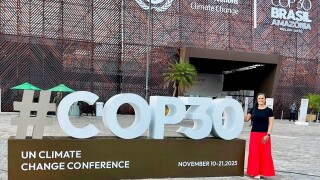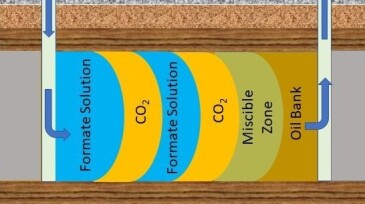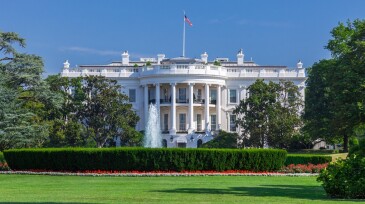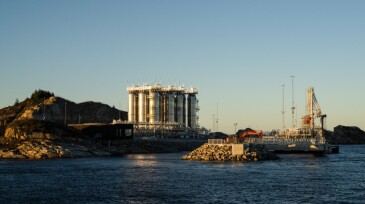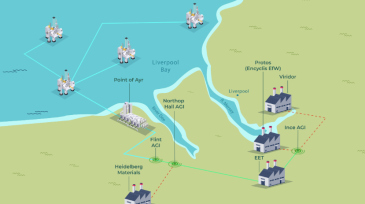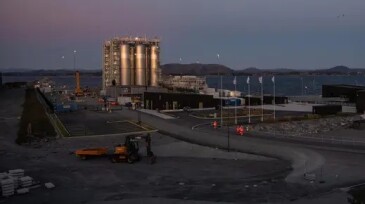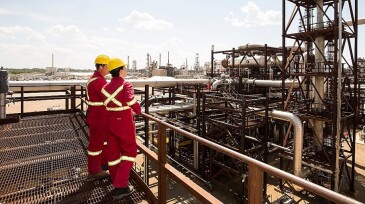Carbon capture and storage
Following the start of injection in August, Northern Lights has issued the first set of certificates documenting that the carbon dioxide captured from the Heidelberg Materials cement factory has been transported and stored permanently in the Aurora reservoir.
As COP30 wrapped up in Brazil, the country finds itself at an inflection point, positioned to deliver South America’s first carbon-dioxide injection by mid-2026.
The 14 available locations are estimated to be able to provide up to 2 gigatonnes of additional carbon-dioxide storage capacity.
-
In a study that applied alternative carbon carrier technology to enhanced oil recovery (EOR) scenarios, researchers at The University of Texas at Austin found that the new method recovered up to 19.5% more oil and stored up to 17.5% more carbon than conventional EOR methods.
-
The spring Unified Agenda provides a snapshot of efforts to advance the president’s plans for fossil fuel exploration and infrastructure.
-
The initial phase of the carbon capture and storage project has a capacity of 1.5 million tonnes per year, with a second phase—due online in 2028—expected to bring the storage capacity to 5 million tonnes per year.
-
BlackRock’s Global Infrastructure Partners moves to buy nearly half of the stake in Eni's CCUS subsidiary.
-
From 26 to 27 August, industry executives, policymakers, financiers, researchers, and technologists will gather in Malaysia to explore the full potential of CCUS.
-
The author writes that Brazil can benefit by mirroring what proved decisive for CCS deployment in the US through a sovereign fiscal regime anchored by monetizing verified storage.
-
The collaboration will see TGS’ software platform implemented throughout the carbon value chain at the Northern Lights project.
-
With Brazil enacting South America’s first carbon capture and storage (CCS) law, this article examines the technical and regulatory architecture required to scale CCS deployment and provides exclusive insight into Brazil’s accelerating CCS landscape.
-
A new paper from researchers at Heriot-Watt University outlines key advances in chemistry that are driving the push in carbon capture technology.
-
The companies have signed an agreement to deliver carbon captured using Shell’s Cansolv system.


